IBM launches first NAS device
IBM is making its move into the network attached storage market with its SONAS product.


IBM has launched it first ever foray into the network attached storage market with the Scale Out Network Attached Storage (SONAS) product.
Designed as an appliance for the company's Scale Out NAS global virtual file server, it has up to 30 interface nodes and 60 storage nodes, in a cluster based on IBM's General Parallel File System [GPFS].
It offers 10 Gigabit Ethernet and 20Gbps InfiniBand connections and can handle up to 14.4 petabytes of data across 240 spaces for either 1TB or 2TB drives.
The device comes with RAID controllers as well as snapshot ability and tiered storage through the company's Tivoli Storage Manager software.
"Today's modern analytics-based applications demand multiple processes and servers (sometimes numbering in the 100s) simultaneously running against hundreds of terabytes of data of live production data, streaming in from expanding number of smarter sensors, input devices [and] users," said John Sing, an executive IT consultant on the SONAS team, in a blog post.
"[This produces] digital image-intensive results that must be programmatically sent to an ever increasing number of mobile devices in geographically dispersed storage [and requires] parallel performance levels that used to be the domain only of High Performance Computing."
"This is a major paradigm shift in storage and that is the solution and storage capabilities that IBM SONAS is designed to address."
Sign up today and you will receive a free copy of our Future Focus 2025 report - the leading guidance on AI, cybersecurity and other IT challenges as per 700+ senior executives
Pricing will be between $250,000 and $500,000 when the device goes to market in April.
Jennifer Scott is a former freelance journalist and currently political reporter for Sky News. She has a varied writing history, having started her career at Dennis Publishing, working in various roles across its business technology titles, including ITPro. Jennifer has specialised in a number of areas over the years and has produced a wealth of content for ITPro, focusing largely on data storage, networking, cloud computing, and telecommunications.
Most recently Jennifer has turned her skills to the political sphere and broadcast journalism, where she has worked for the BBC as a political reporter, before moving to Sky News.
-
 The modern workplace: Standardizing collaboration for the enterprise IT leader
The modern workplace: Standardizing collaboration for the enterprise IT leaderHow Barco ClickShare Hub is redefining the meeting room
-
 Interim CISA chief uploaded sensitive documents to a public version of ChatGPT
Interim CISA chief uploaded sensitive documents to a public version of ChatGPTNews The incident at CISA raises yet more concerns about the rise of ‘shadow AI’ and data protection risks
-
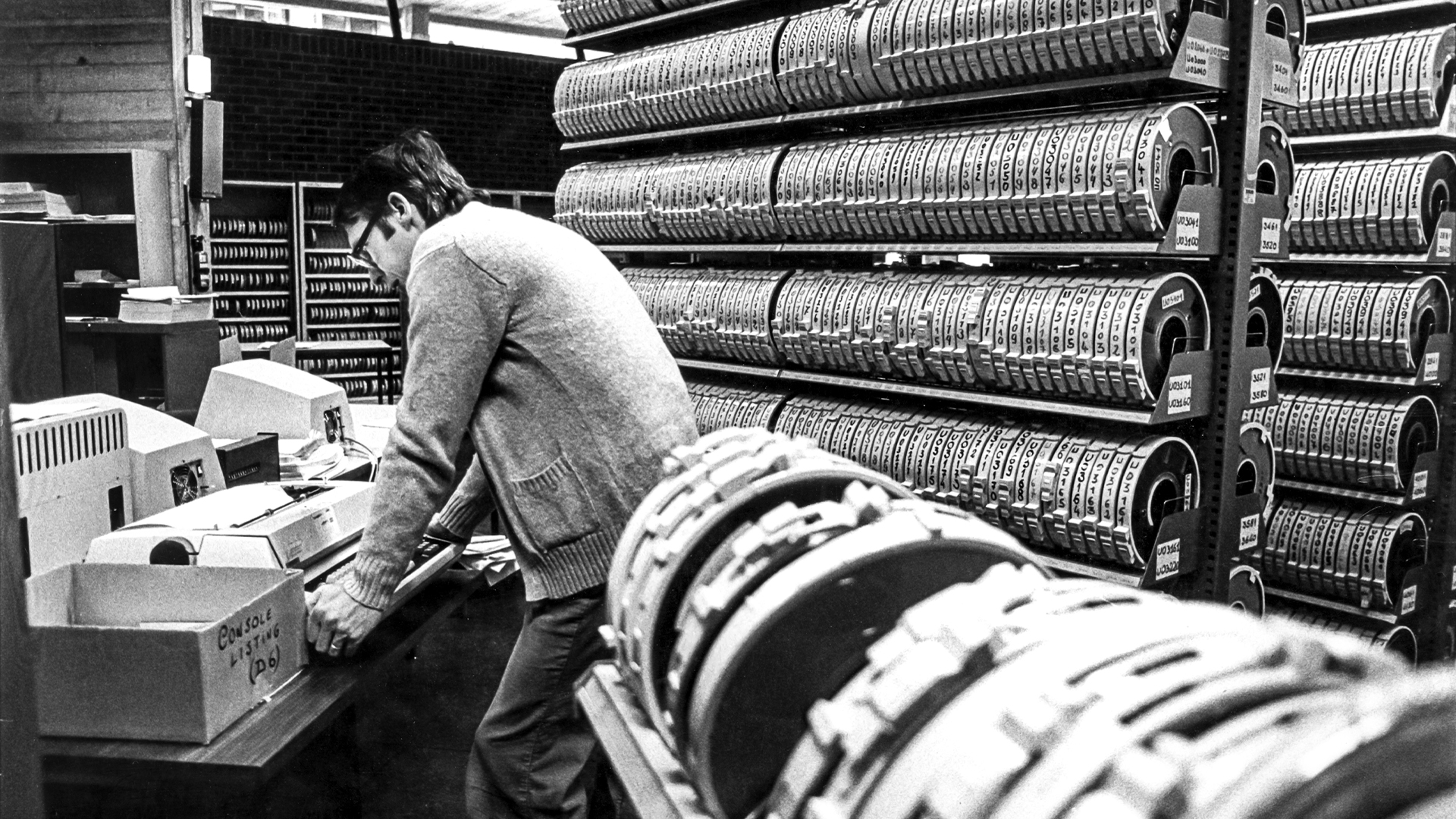 Magnetic tape storage has found a new lease of life with a record 152.9 exabytes shipped worldwide in 2023 — and the rise of generative AI is a key factor
Magnetic tape storage has found a new lease of life with a record 152.9 exabytes shipped worldwide in 2023 — and the rise of generative AI is a key factorNews Magnetic tape storage is back in vogue thanks to the rise of generative AI and ransomware, according to new research
-
 Cyber-resilient data storage for everyone
Cyber-resilient data storage for everyoneWhitepaper Improve cyber resilience and optimize performance
-
 IBM unveils its 'most powerful' 433-qubit quantum processor
IBM unveils its 'most powerful' 433-qubit quantum processorNews The Osprey is three times more powerful than IBM's 127-qubit Eagle processor the company launched a year ago
-
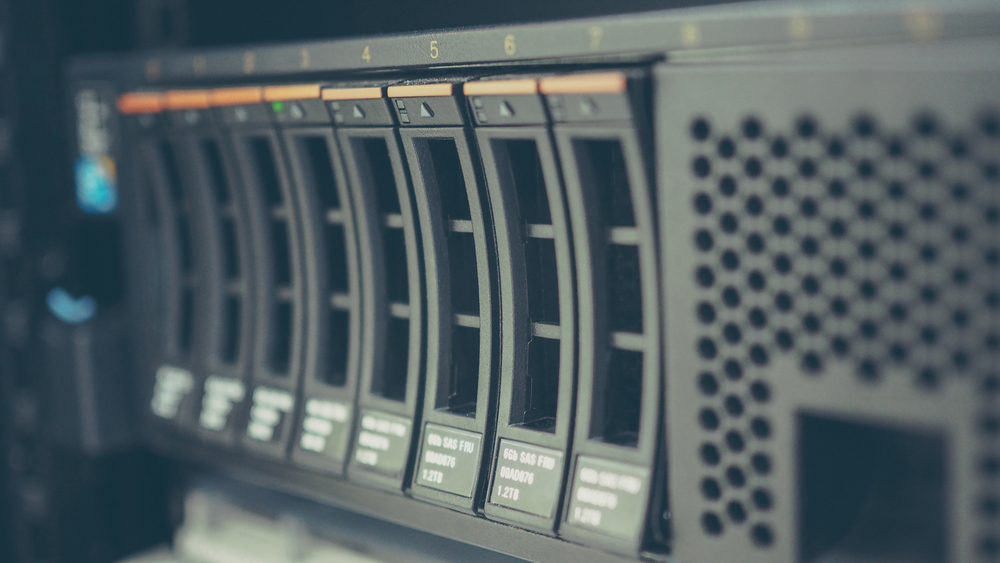 RAID levels explained
RAID levels explainedIn-depth We break down the difference between the various RAID configurations
-
 Best SSDs 2023: The top NVMe and SATA drives around
Best SSDs 2023: The top NVMe and SATA drives aroundBest The best solid-state drives to meet your needs, whether that's speed, reliability, or value for money
-
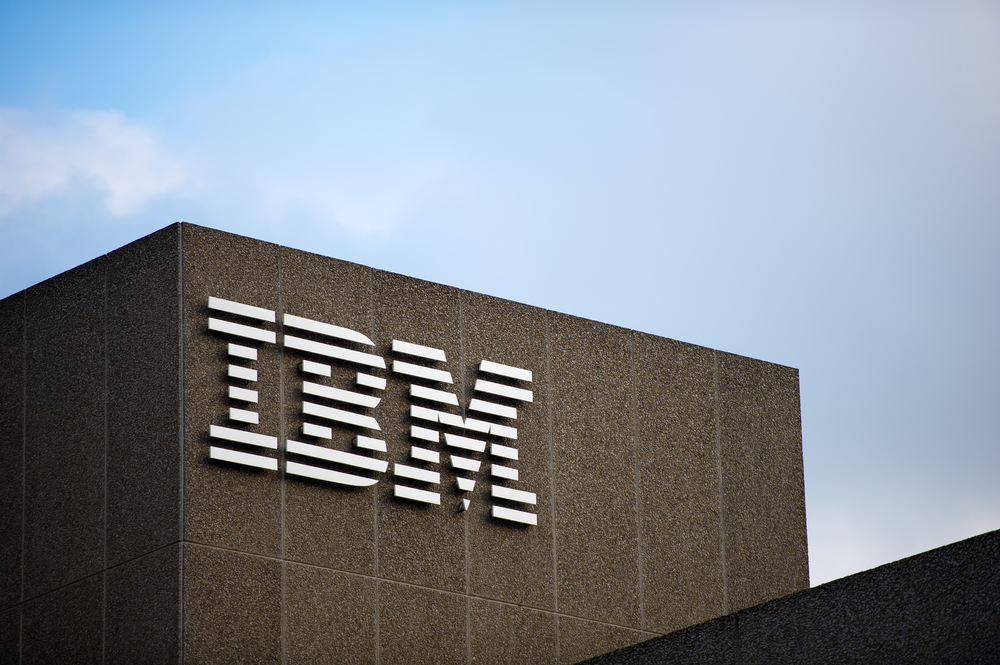 Apple and IBM create more than 100 MobileFirst iOS apps
Apple and IBM create more than 100 MobileFirst iOS appsNews Apple and IBM's partnership has produced over 100 business apps for iOS
-
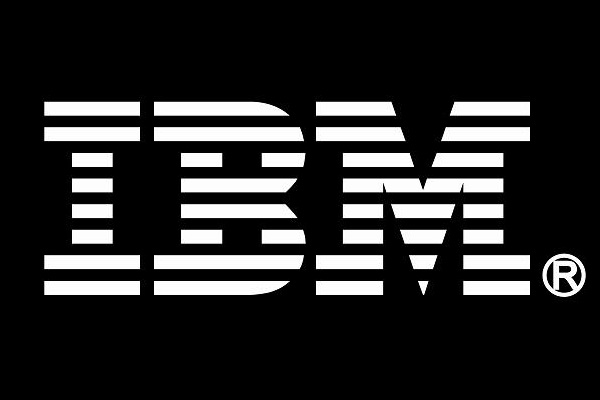 IBM mulls over RIM business division merger
IBM mulls over RIM business division mergerNews Big Blue said to have made an informal approach.
-
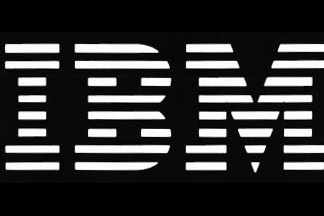 IBM makes magnetic data storage breakthrough
IBM makes magnetic data storage breakthroughNews Tiny drives holding decent amounts of data may soon be available thanks to IBM's breakthrough.
